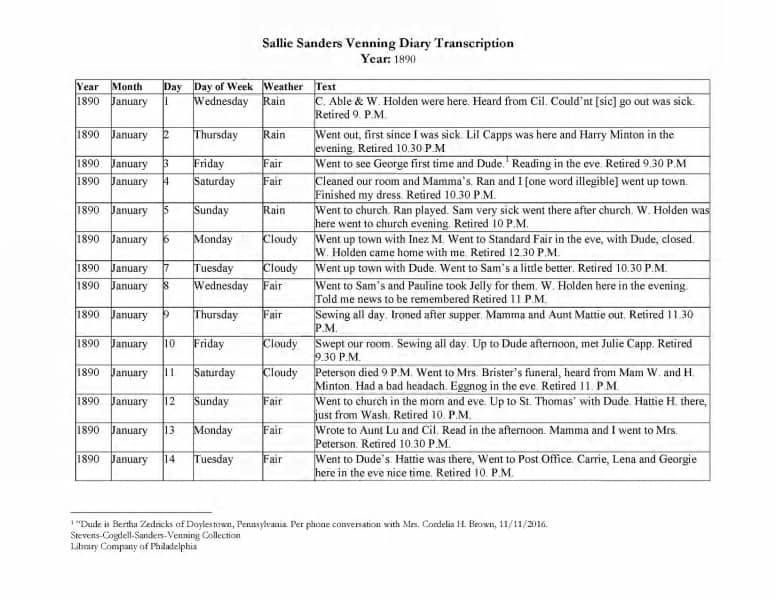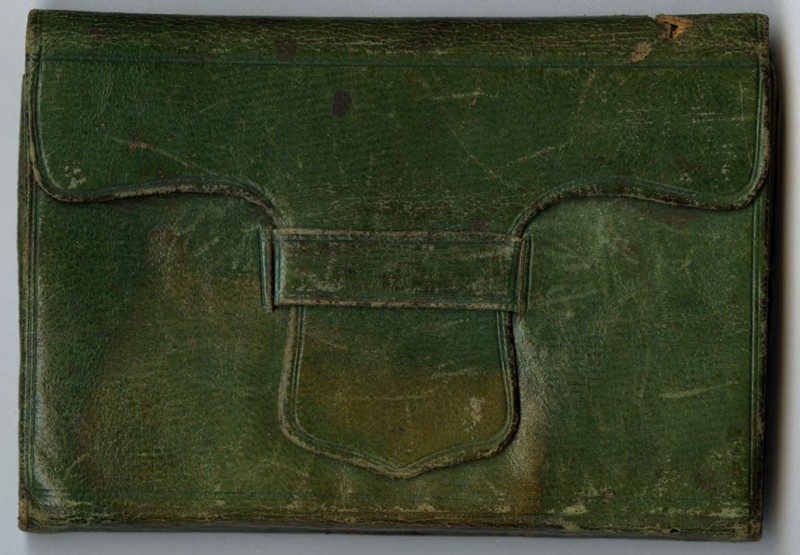Note to Future Self: A Project to Do at Home
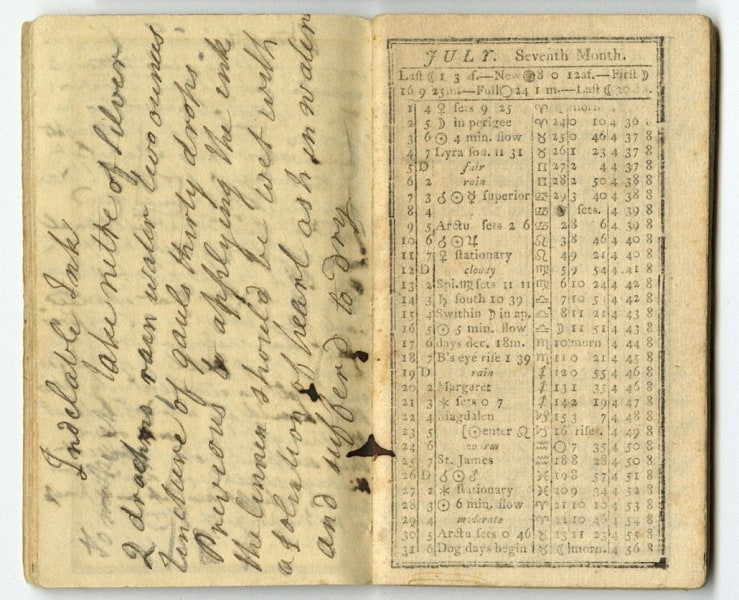 In the historical record, when we see notes about the weather, a shopping list, records of births, marriages, and deaths—the mundane details of a past human life— they can jolt us out of our present moment, fire up our imaginations, and bring forth new meaning and perspective. When future beings look to the records of our lived experiences to help understand their own present, similarly mundane details are likely to become poignant testimony about our lived reality.
In the historical record, when we see notes about the weather, a shopping list, records of births, marriages, and deaths—the mundane details of a past human life— they can jolt us out of our present moment, fire up our imaginations, and bring forth new meaning and perspective. When future beings look to the records of our lived experiences to help understand their own present, similarly mundane details are likely to become poignant testimony about our lived reality.
Consider the potential future significance of journals and diaries created in the present moment, while we live under quarantine during the global pandemic COVID-19. We want to encourage you to participate in a project we’ve devised—based on an item in the Library Company’s collections. (See link below.)
The practice of noticing and noting elements of the everyday is a longstanding human ritual, as can be seen in the Library Company’s collection of 18th- and 19th-century “pocket books,” journals, and scrapbooks. Personal notebooks and diaries that survive the passage through time are a source of valuable first-hand testimony; the book-object takes on the role of both vessel and transmitter. Even the disembodied testimony of a transcription, where the writer’s words are separated from the book-object, retain an essential kernel of past presence.
The “disembodied” transcription of the Sarah Sanders Venning Diary, 1890.
There are many reasons why one may want to begin, now, a practice of personal record keeping as the global pandemic of COVID-19 upends our lives, spreading with stunning rapidity, while ecological crises reshape the world in other profound ways. The simple act of noticing and noting some aspect of daily life during crisis may be a calming ritual. Perhaps recording on paper can become a new daily routine, now that many of us are house-bound and our normal schedules have been upended, to help bring a sense of order to a chaotic moment. A journal may become a reference source for the stories we will later tell, by capturing our emotional responses in the present.
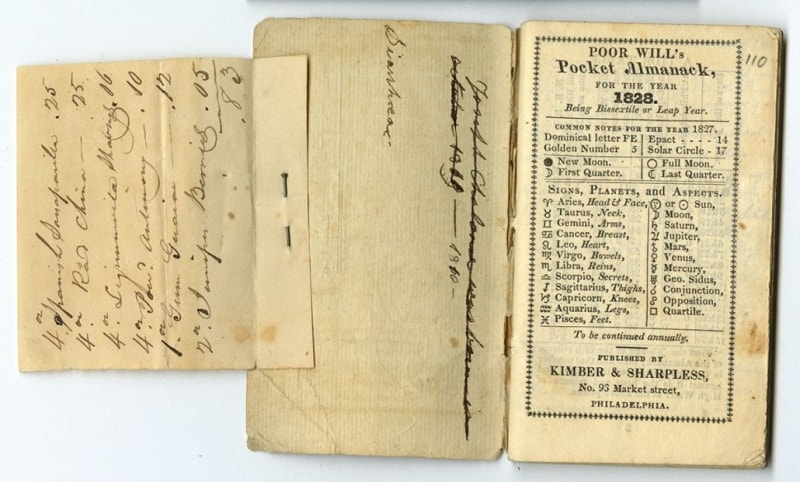 Beyond the functions that that serve the record-keeper, the future reader will receive much more. Books of all kinds, but especially journals, notebooks, and diaries, are cultural transmitters of the first degree. They are essential tools that place in our hands the testimony and documentation of lives beyond self, that in turn help us re-calibrate our understanding of our own lived reality. What we transmit from this moment will be a first-hand account of a period of cataclysmic transformation, and a poignant note-to-future-self: our current lived reality is as ephemeral as a cloud passing over the sun; the future is written in our ability to imagine new paradigms; our imagined future is shaped by present action.
Beyond the functions that that serve the record-keeper, the future reader will receive much more. Books of all kinds, but especially journals, notebooks, and diaries, are cultural transmitters of the first degree. They are essential tools that place in our hands the testimony and documentation of lives beyond self, that in turn help us re-calibrate our understanding of our own lived reality. What we transmit from this moment will be a first-hand account of a period of cataclysmic transformation, and a poignant note-to-future-self: our current lived reality is as ephemeral as a cloud passing over the sun; the future is written in our ability to imagine new paradigms; our imagined future is shaped by present action.
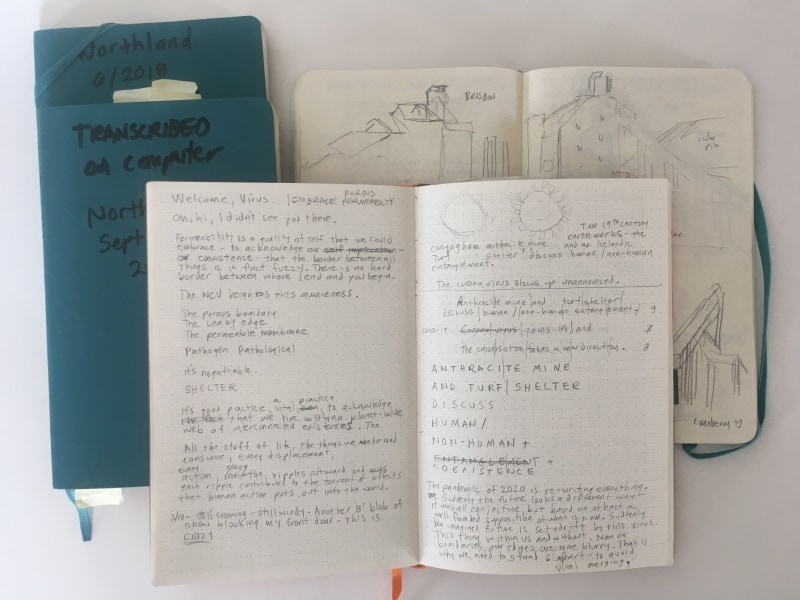 We invite you to create your own written record of some aspect of your life during the Covid-19 pandemic. It can be as simple or elaborate as you want:
We invite you to create your own written record of some aspect of your life during the Covid-19 pandemic. It can be as simple or elaborate as you want:
- Note the weather from the window that you look out of every day.
- Keep track of your Zoom appointments and school work.
- Track your daily activities like workouts, books you are reading, or TV shows you are watching.
- Write out your grocery lists: What do you need? Was the toilet paper sold out?
- Like to draw? Make a sketch.
- Like to cut and glue? Make a scrapbook.
Anything goes!
You can use any kind of notebook or diary, and it is easy to make your own. To get you started, here is a downloadable PDF replica of a 1910 Pocket Note Book with instructions, using simple tools you probably already have.
For more inspiration, this link will bring you to an online version of a 2017 exhibit curated by the author and her colleagues called The Living Book. The section “Note to Self” includes several images of diaries, journals and other forms of note keeping.
As well, conservator Todd Pattison has been busy creating how-to videos for at-home activities. Check out How to Make a Pamphlet or Journal.
If you choose to share some pages from your journal on social media, please tag us @librarycompany and #notetofutureself, we’d love to see what you do.
Andrea Krupp is Conservator at The Library Company of Philadelphia and a visual artist. Her own practice of journal and note keeping is an integral part of her creative and research process.

